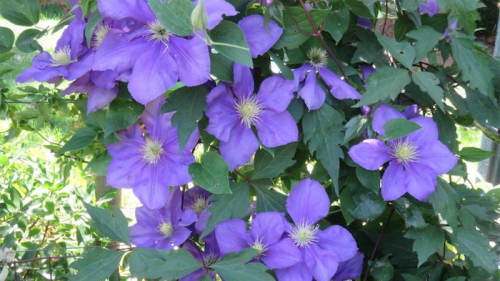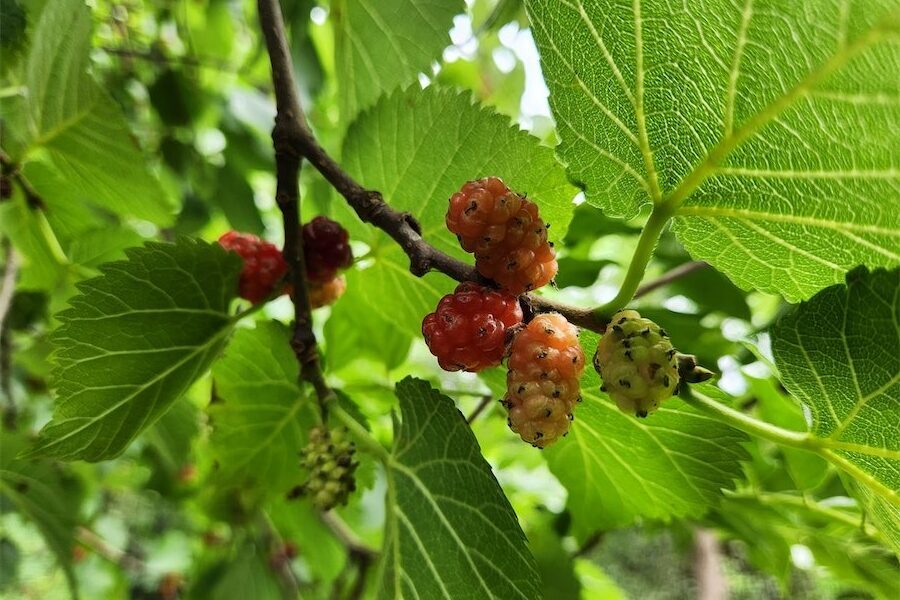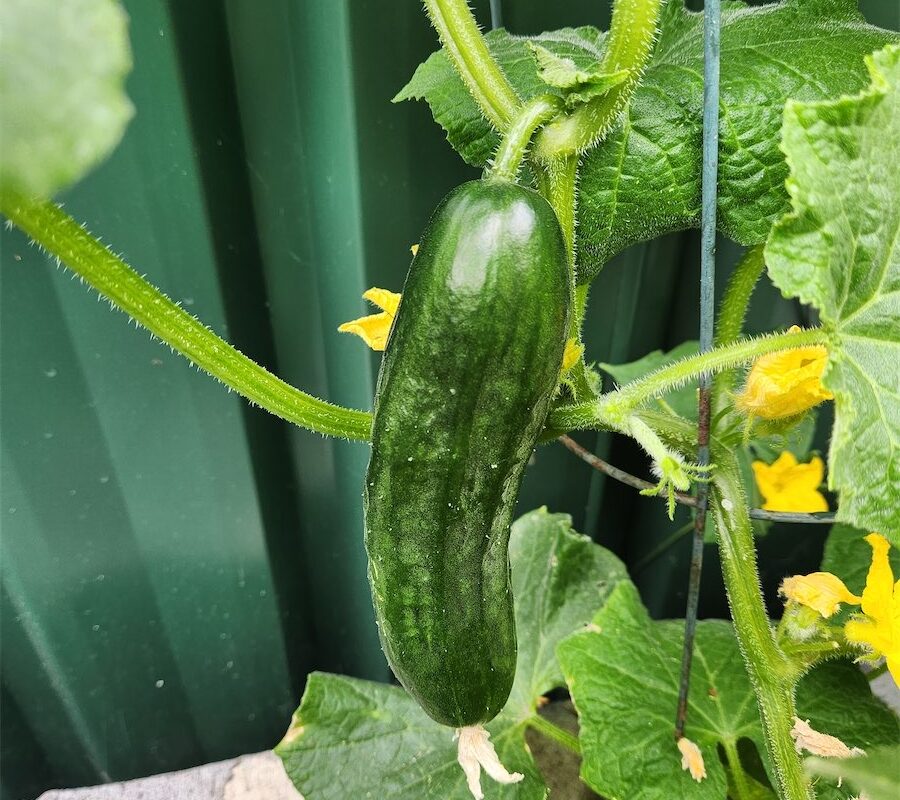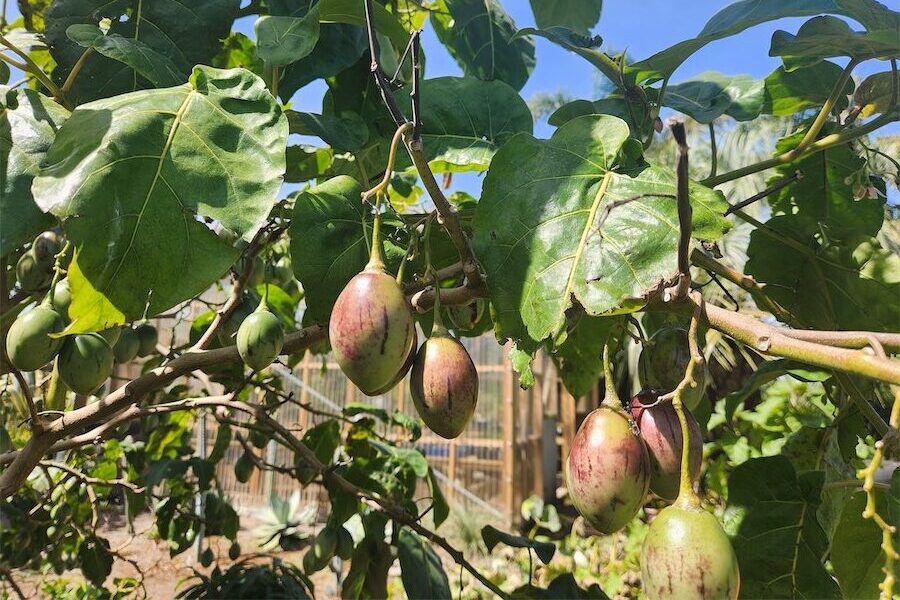
CLIMBER plants can present a problem in small gardens with the speed and spread of growth.
Regular trimming can keep them under control to a certain extent, but at the risk of cutting off flower buds.

I just love clematis and have five growing on horizontal wires over seven metres long and more than two metres high, which is far too much of a spread for, say, a small garden or townhouse courtyard.
Now there is an answer with dwarf clematis, which I saw for the first time at the Heritage Nursery. They grow to just two metres tall, ideal for growing on a frame in a pot on a balcony or round a verandah pillar.
Look out for a variety of colours with tantalising names such as Clematis “Picardy”, C. “Parisienne”. C. “Chantilly”, C. “Bijou” and more.
ON my recent visit to the UK, I saw a report that the Wildlife Trust, in conjunction with the Royal Horticultural Society, had enlisted nature lovers to report back on bee-friendly flowers. The results showed that 47 per cent preferred Digitalis or foxgloves and 25 per cent chose Helianthus or sunflowers.
I AM always thinking of ideas for hedges other than the standard pittosporum, viburnum or photinia.
One plant rarely used for hedging and yet is perfect with a completely different look is Elaeagnus ebbingei “Silverberry”. It has a distinctive shiny silver leaf contrasting with other greens in the garden. Providing the soil is reasonable, it’s quite fast growing, easily to three metres, but is happy to get a regular clipping to keep it lower.
SLUGS and snails are on the march. Be aware that many snail baits contain metaldehyde (the green pellets) or methiocarb (blue pellets), both fatal to dogs. I know this from bitter experience having killed our very special spaniel. The pellets are also fatal to blue-tongue lizards.
Never put snail bait in heaps or spread willy-nilly over the whole garden. Snails aren’t attracted to all plants, so lightly sprinkle around susceptible ones.
The old idea of sinking a bottle in the soil with some beer in it works, likewise special snail traps from garden centres.
Acclaimed as the world’s most effective, Multiguard Snail and Slug Killer has no dangerous poisons with the active ingredient being iron. As with all garden products, always read the label before use.
Jottings…
- Now fuchsias are sprouting leaves, cut out dead branches and prune back stems to about three leaf joints. Feed with Maxicrop “Triple Strength” seaweed fertiliser. This encourages flowers, equally important for all veggies, especially tomatoes.
- When trimming back geraniums use the older stems from last year for cuttings.
- It’s still an okay time to core or dethatch lawns, call Paul Howard on 6231 2920 or 0412 483846.
Who can be trusted?
In a world of spin and confusion, there’s never been a more important time to support independent journalism in Canberra.
If you trust our work online and want to enforce the power of independent voices, I invite you to make a small contribution.
Every dollar of support is invested back into our journalism to help keep citynews.com.au strong and free.
Thank you,
Ian Meikle, editor




Leave a Reply